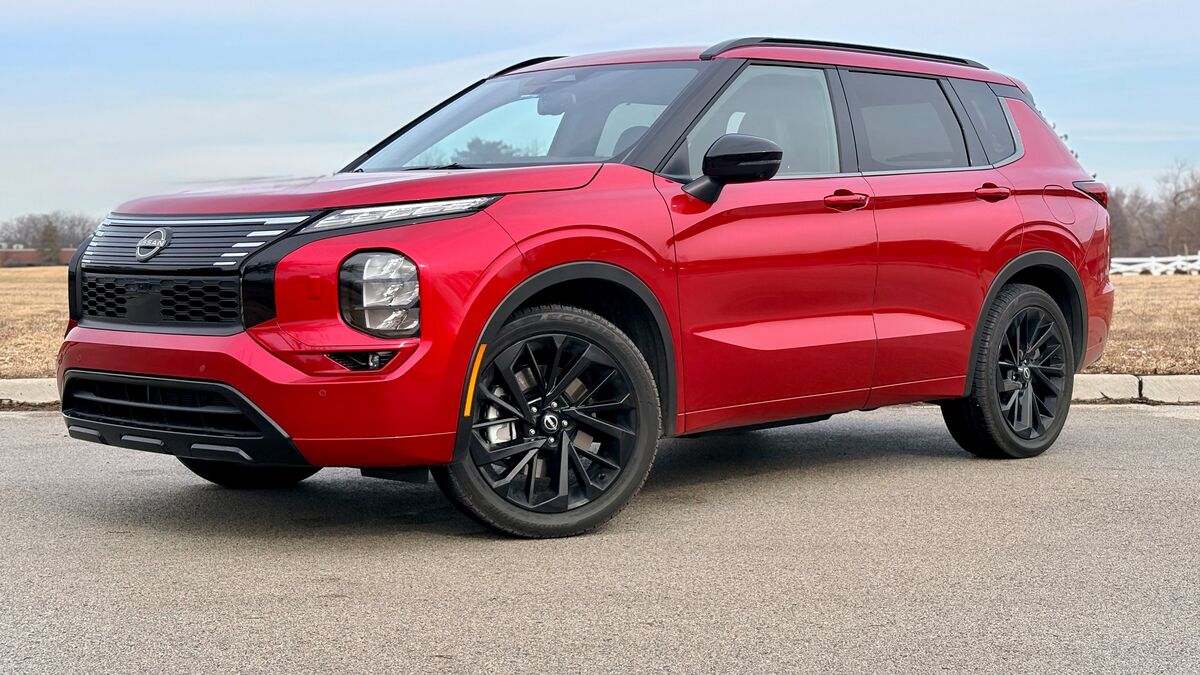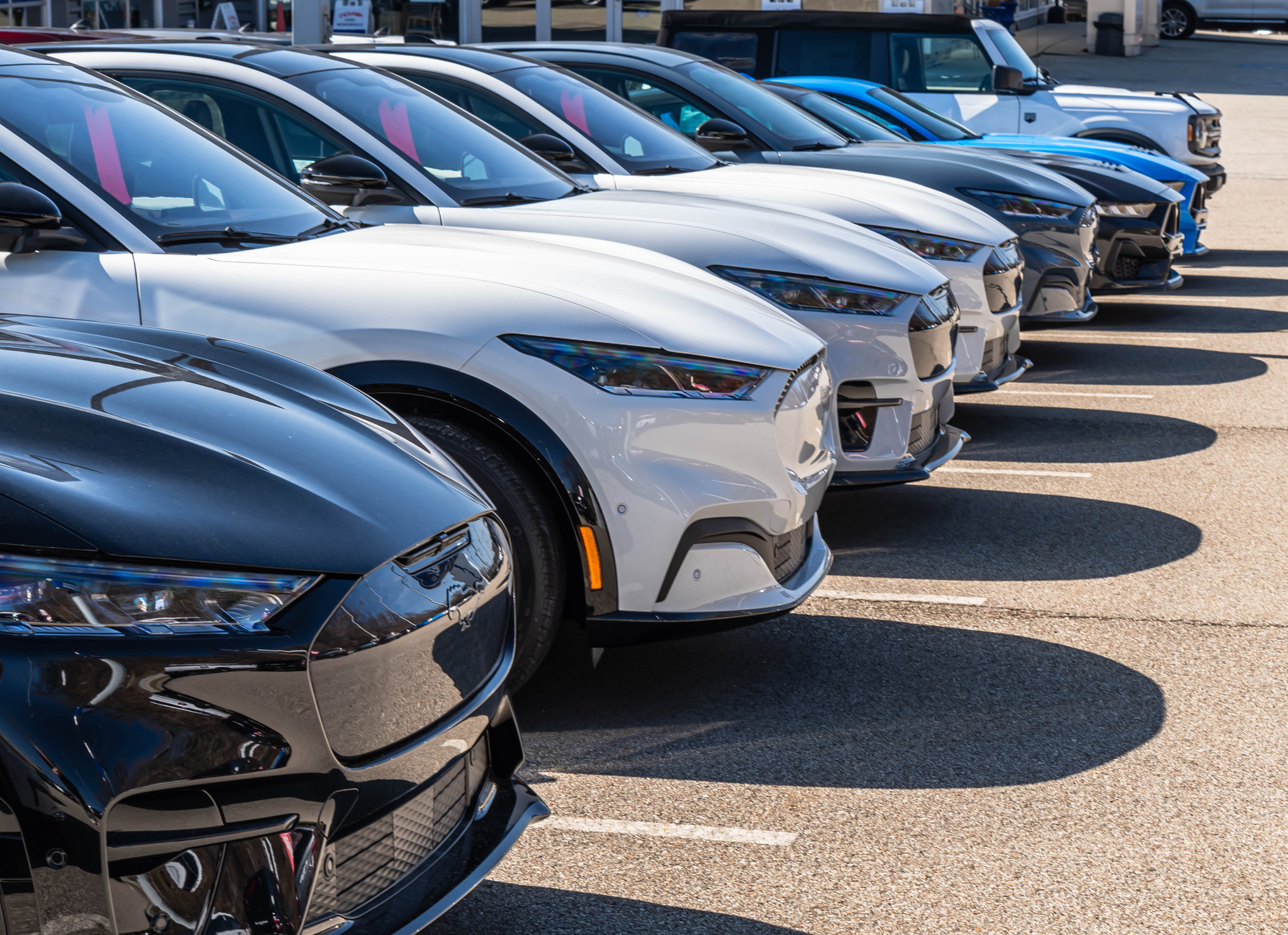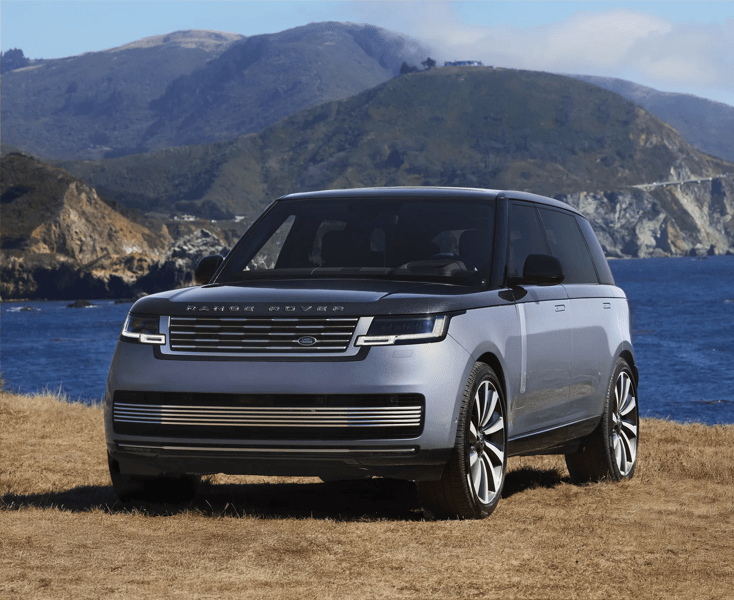
First Drive: 2026 Nissan Rogue PHEV Bridges the Hybrid Future
The 2026 Nissan Rogue PHEV fills a gap in Nissan’s lineup until the 2027 Rogue Hybrid arrives without a plug.

The 2026 Nissan Rogue PHEV fills a gap in Nissan’s lineup until the 2027 Rogue Hybrid arrives without a plug.

Browse our articles for straightforward guidance on choosing, inspecting, and confidently buying a used car.

We’ve gathered a selection of articles that break down this topic in more detail. Each piece offers clear, helpful guidance to support you as you learn more.

We’ve gathered a selection of articles that break down this topic in more detail. Each piece offers clear, helpful guidance to support you as you learn more.

We’ve gathered a selection of articles that break down this topic in more detail. Each piece offers clear, helpful guidance to support you as you learn more.

Shop used Range Rovers smarter: Focus on 2012 and newer, avoid 2014, and know common issues, like air suspension and electronics, to reduce costly repair surprises.

Maintenance history beats age and mileage when judging a used car. Learn what miles mean, why low mileage an be risky, which safety features matter, and how financing limits may apply.

Deciding whether to fix a dent, scrape, or scratch? Learn typical repair costs, when insurance help and a quick checklist to know when to repair and when to leave it.

Fixing curb rash before selling can boos buyer appeal and may cost under $200 for a typical alloy wheel. Learn when to repair and when to skip it.

Compare the pros and cons of trading in vs. donating a car.